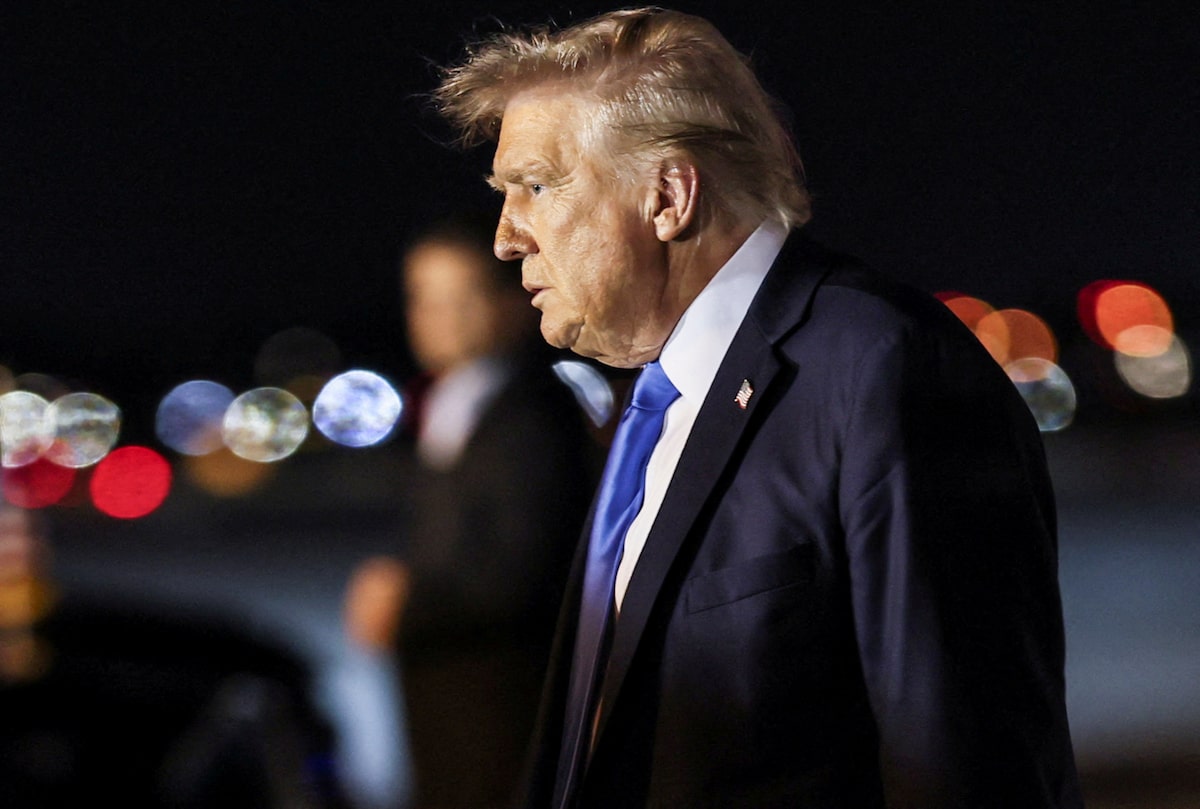A BBC investigation has revealed allegations that Shell, the energy multinational, has disregarded multiple warnings regarding a problematic and corrupt clean-up initiative for oil-contaminated regions in southern Nigeria.
The London-based company, in conjunction with the Nigerian government, has consistently claimed that the efforts to remediate the oil-affected sites in Ogoniland, which began approximately eight years ago, are progressing positively.
However, the BBC has uncovered evidence indicating that they were cautioned numerous times over the years about the various challenges plaguing the project, which was established by the government and financed by several oil companies to the tune of $1 billion (£805 million).
Read more: Trump Suspends Tariffs on Many Low-Value Shipments from China.
A close observer has characterized the clean-up effort as a “con” and a “scam,” asserting that it has squandered funds and left the residents of Ogoniland in the Niger Delta still grappling with the severe consequences of oil pollution—13 years after a pivotal UN report highlighted the gravity of their plight.
In response, Shell stated to the BBC: “The operating environment in the Niger Delta remains challenging due to the extensive scale of illegal activities such as oil theft.”
In the event of spills originating from our facilities, we take immediate action to clean and remediate the situation, irrespective of the cause. In cases of operational spills, we also provide compensation to affected individuals and communities.
The allegations arise as a civil trial is set to commence on Thursday at the High Court in London. Lawyers representing two communities in Ogoniland, comprising approximately 50,000 residents, will argue that Shell should be held accountable for oil pollution linked to its infrastructure from 1989 to 2020.
The communities assert that these spills have deprived them of access to clean water, hindered their ability to farm and fish, and posed significant public health risks.
Shell, which is in the process of divesting its assets in the West African nation to concentrate on offshore drilling and onshore gas operations, has stated its intention to contest the claims.
The company refutes any wrongdoing, attributing the spills in the region to sabotage, theft, and illegal refining, for which it claims it bears no responsibility.
The BBC has reported from the impacted areas in the Niger Delta, where Shell, the largest private oil and gas entity in Nigeria, first identified crude oil 68 years ago.
According to the UN, over 13 million barrels, equivalent to 1.5 million tonnes, of crude oil have been spilled since 1958 across at least 7,000 incidents in the Niger Delta.
These spills have left numerous families anxious about their health and means of livelihood.



